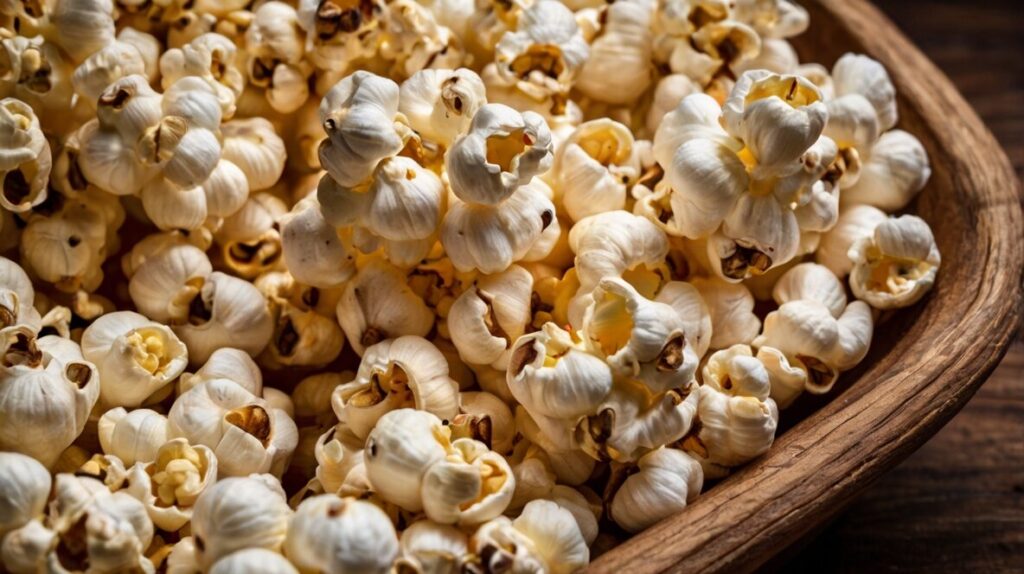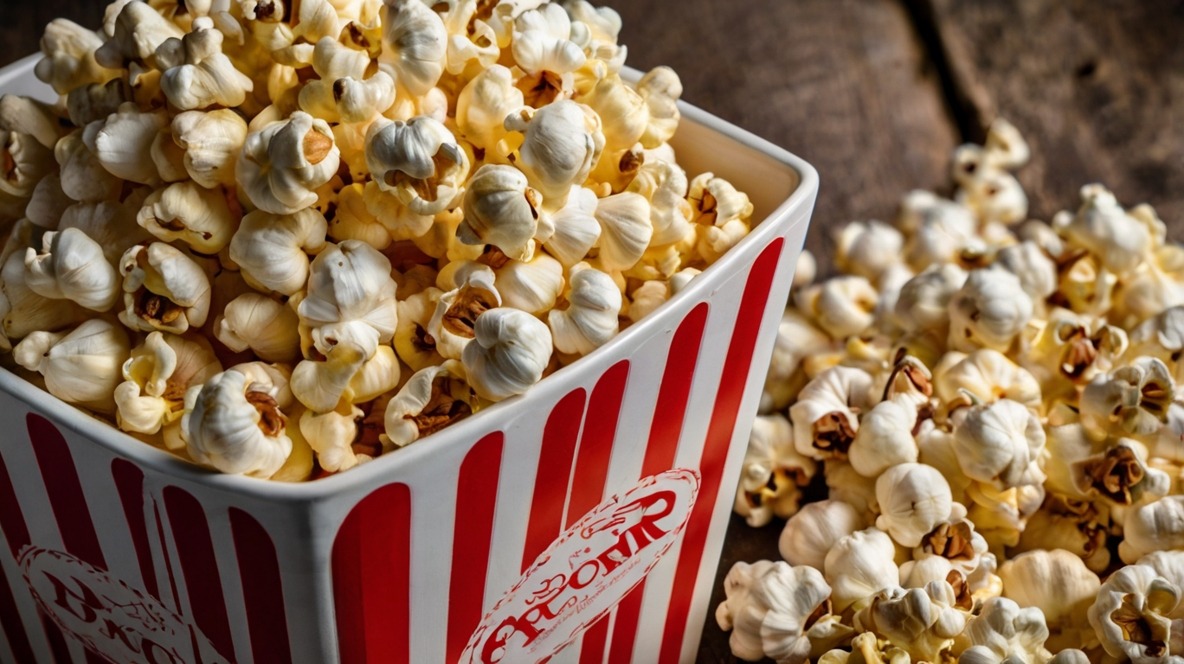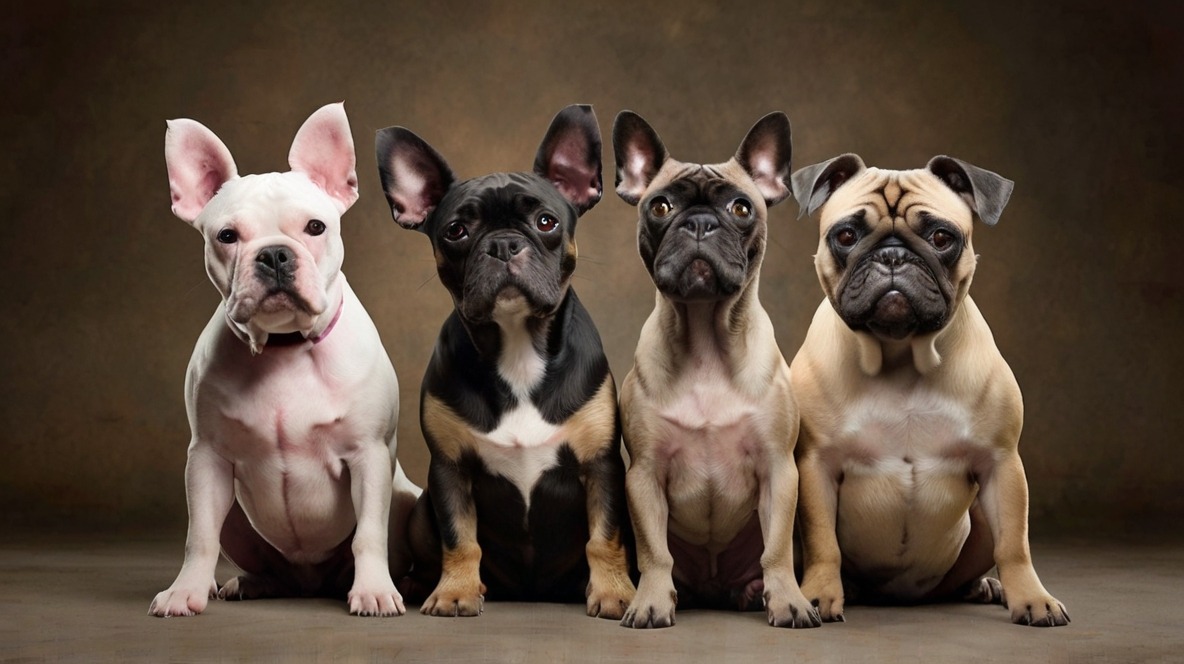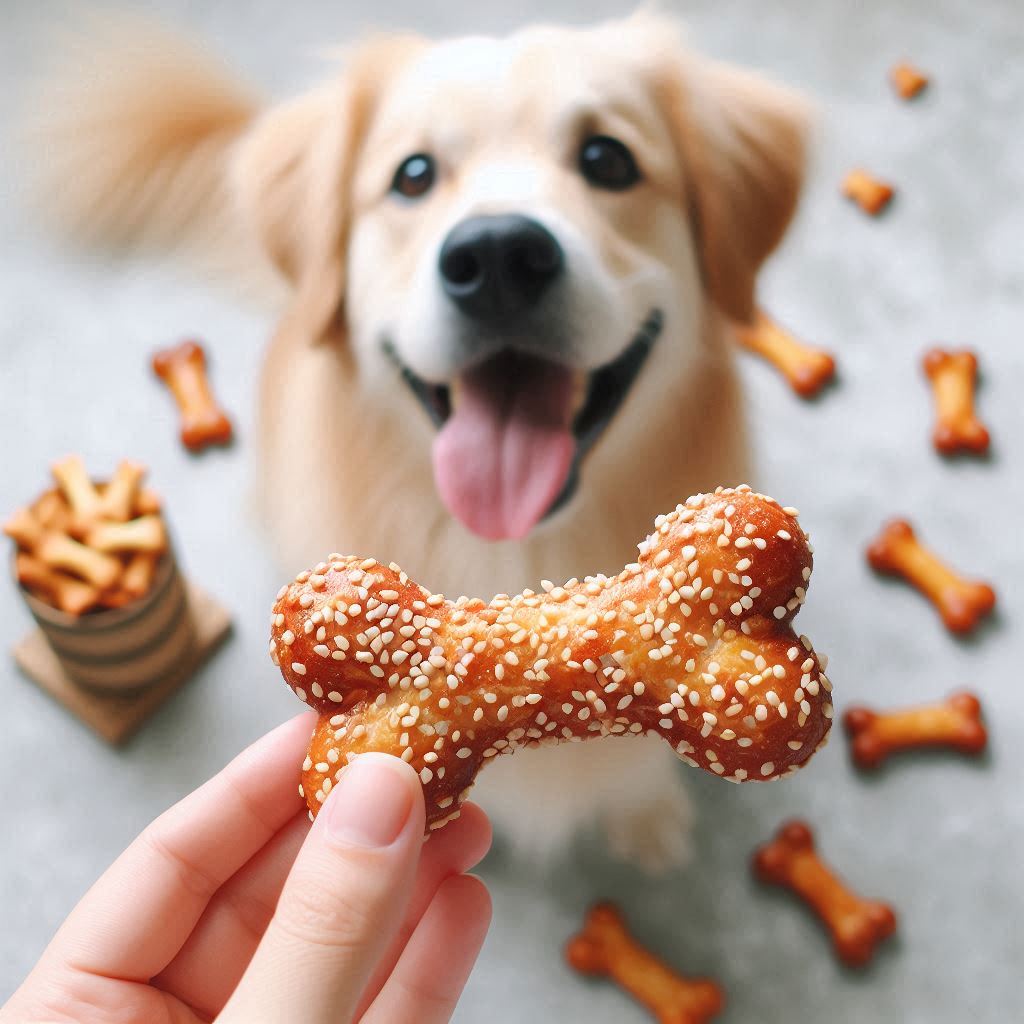Table of Contents
Is Popcorn Safe for Cats? Popcorn is a popular snack enjoyed by many, but when it comes to sharing it with our feline friends, it’s essential to tread carefully. While cats are known for their finicky eating habits, you may wonder if a few popped kernels could be a safe treat for your cat. In this article, we’ll explore the risks and benefits of feeding popcorn to cats and provide some practical recommendations for pet owners.
Understanding Cats’ Nutritional Needs
Before delving into the specifics of popcorn, it’s crucial to understand that cats are obligate carnivores. This means that their diet should primarily consist of meat. Cats require specific nutrients that are found in animal proteins, such as taurine, arachidonic acid, and certain vitamins. While some human foods can be shared with cats in moderation, they should never replace a balanced feline diet.
Can Cats Eat Popcorn?
In short, popcorn is not toxic to cats, but it also doesn’t provide any significant nutritional value. Plain, air-popped popcorn is the safest option if you decide to give your cat a taste. However, there are several considerations to keep in mind:

1. Preparation Matters
When considering feeding your cat popcorn, always opt for plain, air-popped varieties. Avoid popcorn that is salted, buttered, or seasoned, as these additives can be harmful to your cat. For example, excessive salt can lead to sodium ion poisoning, resulting in symptoms such as vomiting, diarrhea, and even seizures.
2. Choking Hazard
Popcorn can pose a choking hazard, especially for smaller cats. Is Popcorn safe for cats? Always break the kernels into smaller pieces to reduce the risk of choking. Additionally, monitor your cat while they’re eating to ensure they don’t struggle with larger pieces.
3. Digestive Issues
While a small amount of plain popcorn may not harm your cat, it’s crucial to recognize that cats may have difficulty digesting certain plant-based foods. Feeding your cat too much popcorn could lead to gastrointestinal upset, including vomiting and diarrhea. Always introduce any new food in moderation to see how your cat reacts.
Potential Benefits of Popcorn
While popcorn isn’t a necessary part of a cat’s diet, there are a few potential benefits if given sparingly:
1. Low-Calorie Treat
Popcorn is low in calories, making it a potential snack for overweight cats. Instead of high-calorie treats, a few plain popcorn kernels can serve as a light snack. However, they should never replace nutritionally balanced cat treats.
2. Engagement and Enrichment
Offering a small amount of popcorn can provide mental stimulation for your cat. The texture and crunch of popcorn may intrigue them, encouraging natural hunting behaviors as they pounce on the kernels. Just ensure it’s in a controlled environment to prevent overindulgence.
Recommendations for Feeding Popcorn to Cats
If you decide to give your cat popcorn, consider the following recommendations:
- Consult Your Veterinarian: Always consult your veterinarian before introducing new foods into your cat’s diet. They can provide personalized advice based on your cat’s specific health needs.
- Start Small: Introduce popcorn in tiny quantities. Observe how your cat reacts. If they show any signs of discomfort, stop feeding it immediately.
- Limit Frequency: Treat popcorn as an occasional snack rather than a regular part of their diet. Reserve it for special occasions or as a reward during playtime.
- Watch for Allergic Reactions: Monitor your cat for any signs of allergic reactions or digestive issues after consuming popcorn. Symptoms may include vomiting, diarrhea, or changes in behavior.
- Provide Fresh Water: Ensure your cat has access to fresh water, especially if they’re trying new foods. Hydration is crucial, particularly if you’re introducing something new into their diet.
Conclusion
While popcorn is not inherently dangerous for cats, it’s essential to approach it with caution. Plain, air-popped popcorn can be a fun and low-calorie treat when given in moderation, but it should never replace a balanced, meat-based diet. Always prioritize your cat’s health and well-being by consulting with a veterinarian before making any changes to their diet. With thoughtful consideration and responsible feeding practices, you can safely indulge your cat’s curiosity while keeping them healthy and happy.
To enhance the article “Is Popcorn Safe for Cats? Risks and Recommendations Explained,” adding a Frequently Asked Questions (FAQs) section and optimizing the content for SEO will help improve its visibility and user engagement. Below are suggested FAQs and SEO optimization strategies:
FAQs
1. Can cats eat popcorn safely?
Yes, cats can eat plain, air-popped popcorn in moderation. However, it should never replace their primary meat-based diet, and always avoid popcorn with salt, butter, or seasoning.
2. What are the risks of feeding popcorn to cats?
The main risks include choking hazards, digestive issues, and potential allergic reactions. Always supervise your cat while eating popcorn and introduce it gradually.
3. Is popcorn nutritious for cats?
No, popcorn does not provide any significant nutritional value for cats. While it is low in calories, it lacks essential nutrients that cats require.
4. How much popcorn can I give my cat?
If you choose to give your cat popcorn, limit it to a few pieces at a time, and only occasionally. Monitor your cat for any adverse reactions.
5. What should I do if my cat shows signs of discomfort after eating popcorn?
If your cat shows signs of vomiting, diarrhea, or any unusual behavior after consuming popcorn, stop feeding it immediately and consult your veterinarian.
6. Can kittens eat popcorn?
It’s best to avoid giving popcorn to kittens. Their digestive systems are more sensitive, and they require a specialized diet tailored to their developmental needs.
7. What snacks are safe for cats?
Safe snacks for cats include small amounts of cooked meat, fish, and specific cat treats formulated to meet their dietary needs. Always consult with your vet for recommendations.



